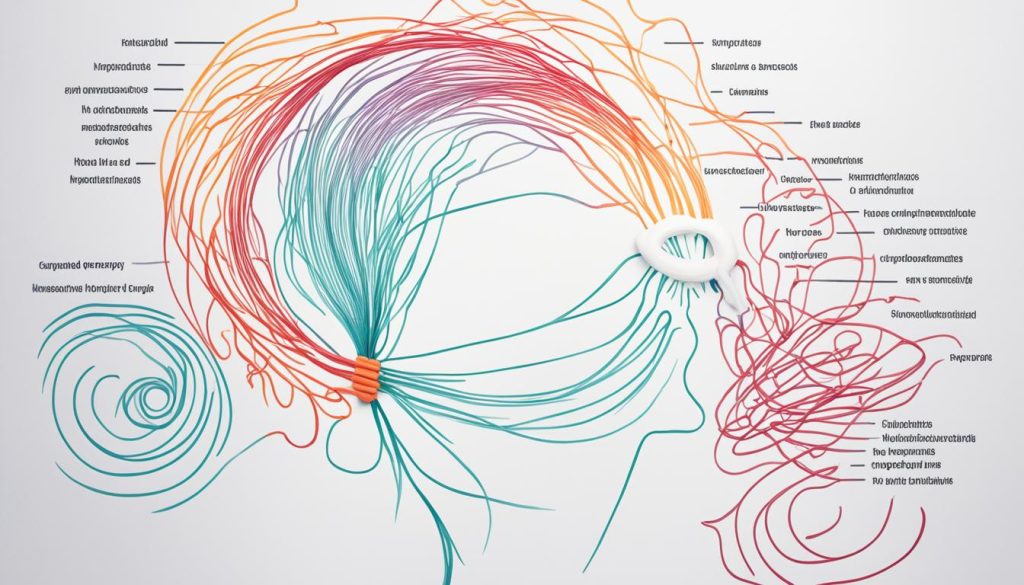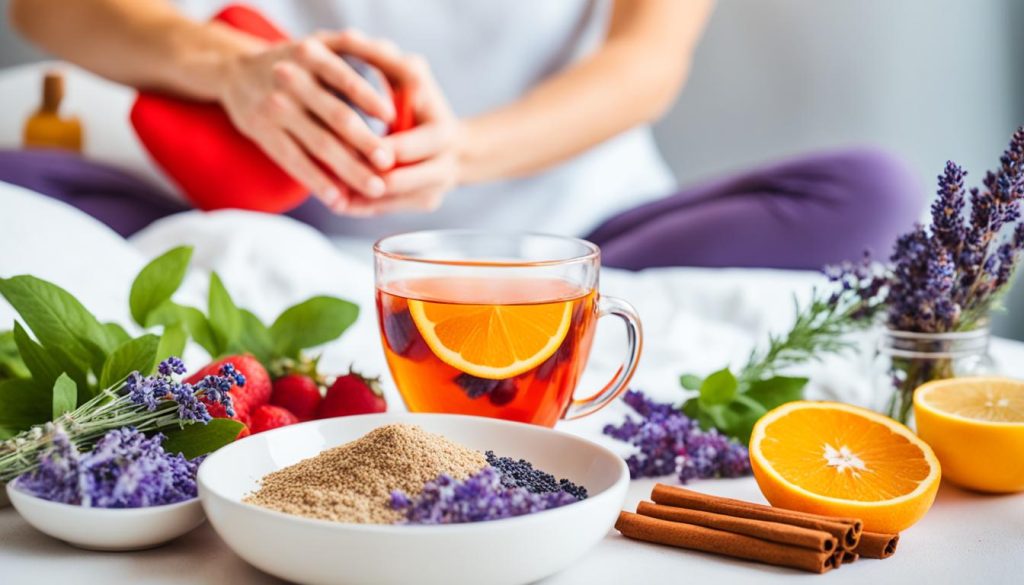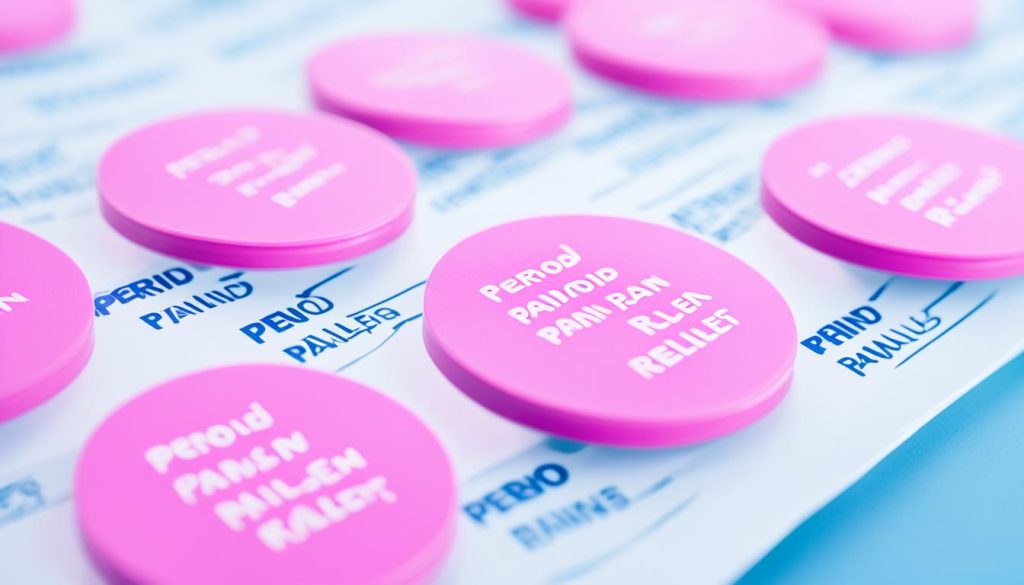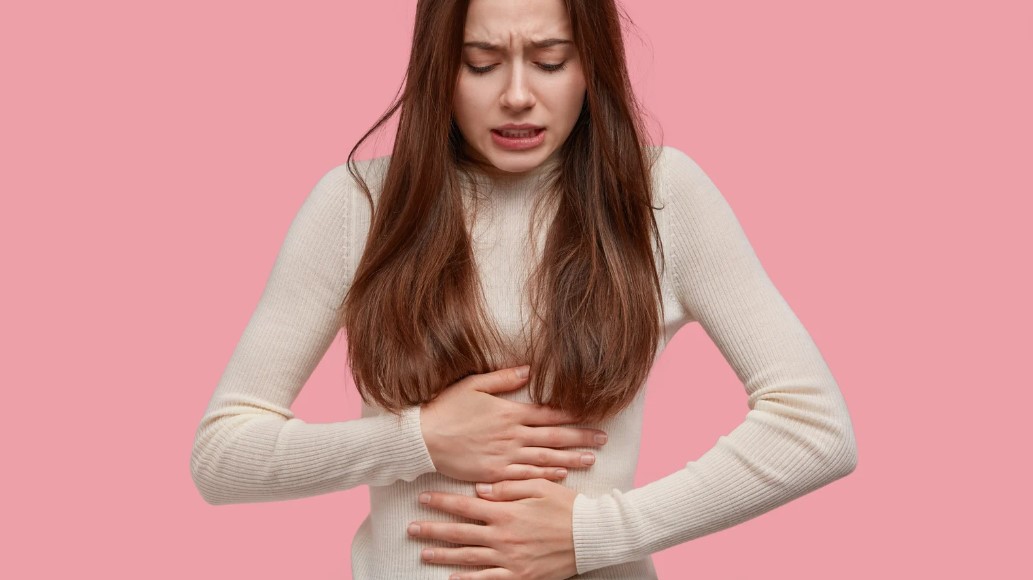Period pain, also known as dysmenorrhea, is a common issue experienced by many women during their menstrual cycle. It can cause discomfort and affect daily activities. Fortunately, there are several effective strategies for instant period pain relief. By implementing natural remedies and following certain tips, you can alleviate menstrual cramps and reduce period pain quickly.
When it comes to managing period pain, it’s important to explore natural remedies that can provide immediate relief. Natural remedies like hot water bottles, warm baths, and gentle exercises can help relax the muscles and ease menstrual cramps. Additionally, herbal teas such as chamomile and peppermint can have soothing effects on the body. Incorporating these into your routine can offer a natural and effective way to reduce period pain.
Identifying Period Pain and its Causes
Period pain, also known as dysmenorrhea, is a common issue experienced by many women during their menstrual cycle. It is important to be able to identify the signs of period pain and understand its causes in order to effectively manage and find relief from this discomfort.
Signs of Period Pain
Period pain typically occurs around the start of the menstrual cycle and can last for up to three days. The following are common signs and symptoms that indicate the presence of period pain:
- Pain in the tummy, back, and thighs
- Sharp or dull aches in the abdominal area
- Discomfort that affects daily activities
These signs can vary in intensity from mild to severe and may differ from person to person.
Causes of Period Pain
Period pain is primarily caused by the contraction of the uterus during menstruation. This contraction helps shed the uterine lining. However, certain conditions can contribute to more severe period pain:
- Endometriosis: A condition where the tissue lining the uterus grows outside of it, leading to increased pain during menstruation.
- Fibroids: Non-cancerous growths in the uterus that can cause heavy and painful periods.
- Pelvic inflammatory disease (PID): An infection in the female reproductive organs that can cause inflammation and pain during menstruation.
If you experience severe or unusual period pain, it is advisable to seek medical advice to determine the underlying cause and explore appropriate treatment options.

How to Stop Period Pain Immediately?
Natural Remedies for Immediate Period Pain Relief
Period pain can be uncomfortable and affect your daily activities. Fortunately, there are several natural remedies and home remedies that can provide immediate relief from period pain. These remedies are safe, effective, and easily accessible.
1. Heat Therapy
Applying heat to your lower abdomen or back can help relax the muscles and reduce period pain. You can use a heating pad, hot water bottle, or take a warm bath to alleviate discomfort.
2. Herbal Teas
Sipping on herbal teas can provide soothing relief from menstrual cramps. Chamomile tea, ginger tea, and peppermint tea are known for their calming properties and can help alleviate period pain.
3. Essential Oils
Aromatherapy with essential oils can help ease period pain. Lavender, clary sage, and rosemary essential oils are commonly used for their analgesic and relaxing effects. Dilute a few drops in a carrier oil and massage onto your lower abdomen for relief.
4. Exercise and Stretching
Engaging in light exercises and stretching can help relieve menstrual cramps. Activities like walking, yoga, and pilates can promote blood flow and release endorphins, which act as natural pain relievers.
5. Magnesium-Rich Foods
Incorporating magnesium-rich foods into your diet may help reduce period pain. Foods like spinach, almonds, and bananas are packed with magnesium and can help relax muscles and relieve cramps.

| Remedy | Description |
|---|---|
| Heat Therapy | Applying heat to the lower abdomen or back can relax muscles and reduce pain. |
| Herbal Teas | Chamomile, ginger, and peppermint teas can provide soothing relief from menstrual cramps. |
| Essential Oils | Lavender, clary sage, and rosemary essential oils can be used in aromatherapy to alleviate period pain. |
| Exercise and Stretching | Engaging in light exercises and stretching can promote blood flow and relieve cramps. |
| Magnesium-Rich Foods | Including foods like spinach, almonds, and bananas in your diet can help relax muscles and reduce pain. |
Over-the-Counter Medications for Period Pain
When it comes to finding fast and effective relief from period pain, over-the-counter medications can be a valuable option. Nonsteroidal anti-inflammatory drugs (NSAIDs) such as ibuprofen and naproxen are commonly used to reduce inflammation and ease menstrual cramps. These period pain relief tablets can provide quick relief, allowing you to get back to your daily activities without discomfort.
However, it’s crucial to take these medications according to the recommended dosage instructions and seek guidance from a healthcare professional if necessary. They can help determine the appropriate dosage and provide personalized advice based on your specific needs. Additionally, it’s important to note that OTC medications may not be suitable for everyone. Consulting with a doctor or pharmacist before taking any medication is always a prudent step.
Now, let’s take a closer look at some of the commonly available NSAIDs for relieving menstrual cramps:
| Medication | Main Ingredient | Recommended Dosage |
|---|---|---|
| Ibuprofen | 15mg per tablet | 1-2 tablets every 4-6 hours, as needed |
| Naproxen | 220mg per tablet | 1-2 tablets every 8-12 hours, as needed |
Before using any medication, it’s essential to read the package insert and follow the instructions provided by the manufacturer. It’s equally important to be aware of any potential side effects and contraindications associated with these medications. If you experience persistent or severe period pain, or if your symptoms worsen despite taking OTC medications, it’s advisable to seek medical advice for a comprehensive evaluation of your condition.

Lifestyle Changes to Manage Period Discomfort
Making certain lifestyle changes can help manage period discomfort effectively and reduce period pain forever. By incorporating these changes into your routine, you can promote overall well-being and experience a more comfortable menstrual cycle.
Diet and Nutrition
Eating a balanced diet and maintaining good nutrition can have a significant impact on managing period discomfort. Incorporating foods rich in vitamins, minerals, and antioxidants can help reduce inflammation and alleviate menstrual cramps. Consider including the following foods in your diet:
- Leafy green vegetables such as spinach and kale
- Fatty fish like salmon and mackerel
- Healthy fats such as avocados and nuts
- Complex carbohydrates, including whole grains and legumes
- Fruits with high water content, like watermelon and cucumber
Physical Activity and Exercise
Regular physical activity and exercise can be beneficial in managing period discomfort. Engaging in exercises like walking, swimming, or yoga can help improve blood circulation, reduce muscle tension, and release endorphins that act as natural painkillers. Aim for at least 30 minutes of moderate-intensity exercise on most days of the week.
Stress Management
Stress can exacerbate period pain, so learning effective stress management techniques can help reduce discomfort. Consider incorporating activities such as meditation, deep breathing exercises, or mindfulness into your daily routine. Listening to calming music or engaging in hobbies you enjoy can also help alleviate stress and promote relaxation.
Sleep Quality
Getting enough sleep and maintaining good sleep hygiene can have a positive impact on managing period discomfort. Aim for 7-9 hours of uninterrupted sleep each night. Establishing a consistent sleep schedule, keeping your bedroom cool and dark, and avoiding electronic devices before bed can help improve sleep quality.
Hydration
Staying hydrated is essential for overall health and can help reduce period pain. Aim to drink at least 8 glasses of water per day to maintain proper hydration. You can also include herbal teas, such as chamomile or ginger tea, which have soothing properties and may help alleviate menstrual cramps.
By making these lifestyle changes, you can effectively manage period discomfort and reduce period pain forever. Remember, it may take time to find the strategies that work best for you, so be patient and consistent in implementing these changes.
Seeking Medical Advice for Severe Period Pain
While most period pain can be managed with natural remedies and lifestyle changes, there are cases when the pain becomes unbearable and interferes with your daily life. In such situations, it’s crucial to seek medical advice from a healthcare professional who can provide the necessary support and guidance.
Consulting a healthcare professional is particularly important for teenagers who may experience intense period pain due to hormonal changes and other factors. They can help identify the underlying causes of the pain and recommend appropriate treatments or interventions tailored to the individual’s needs.
During your consultation, the healthcare professional may perform a thorough evaluation, including a medical history review and physical examination. They may also recommend further tests or screenings to rule out any underlying conditions that could be contributing to the unbearable period pain.
Based on the assessment, the healthcare professional can then provide a treatment plan that may include pain management strategies, hormonal therapies, lifestyle adjustments, or other interventions aimed at relieving the teenage period pain.
Remember, every individual’s experience with period pain is unique, and what works for one person may not work for another. It is crucial to work closely with a healthcare professional to find the most effective solutions for relieving unbearable period pain and ensuring a better quality of life during menstruation.

| Benefits of Seeking Medical Advice for Severe Period Pain | How Medical Professionals Can Assist |
|---|---|
| Accurate diagnosis of underlying conditions | Recommend appropriate treatment options |
| Personalized treatment plans tailored to individual needs | Provide guidance on medication management |
| Identify potential lifestyle adjustments to manage period pain | Offer hormonal therapies for hormonal imbalances |
| Support and guidance for teenagers experiencing severe period pain | Monitor progress and adjust treatment as needed |
Conclusion
Period pain is a common and often manageable condition experienced by many women. By implementing natural remedies, making lifestyle changes, and seeking medical advice if necessary, you can effectively alleviate period pain and improve your overall well-being.
It’s important to remember that what works for one person may not work for another, so it’s crucial to find the methods that provide the best relief for you. Whether it’s using heat therapy, practicing relaxation techniques, or trying herbal remedies like ginger or chamomile tea, there are various options to explore for immediate period pain relief at home.
Additionally, making lifestyle changes such as maintaining a healthy diet, staying hydrated, and regular exercise can significantly reduce period discomfort and even help in stopping period pain forever. These changes can promote better hormonal balance and overall well-being.
If your period pain persists or becomes unbearable, it is advisable to seek medical advice. A healthcare professional can provide further evaluation, diagnose any underlying conditions, and recommend appropriate treatments to manage your specific needs. Remember, you don’t have to suffer in silence, and there are resources available to help you find long-term relief from severe period pain.

